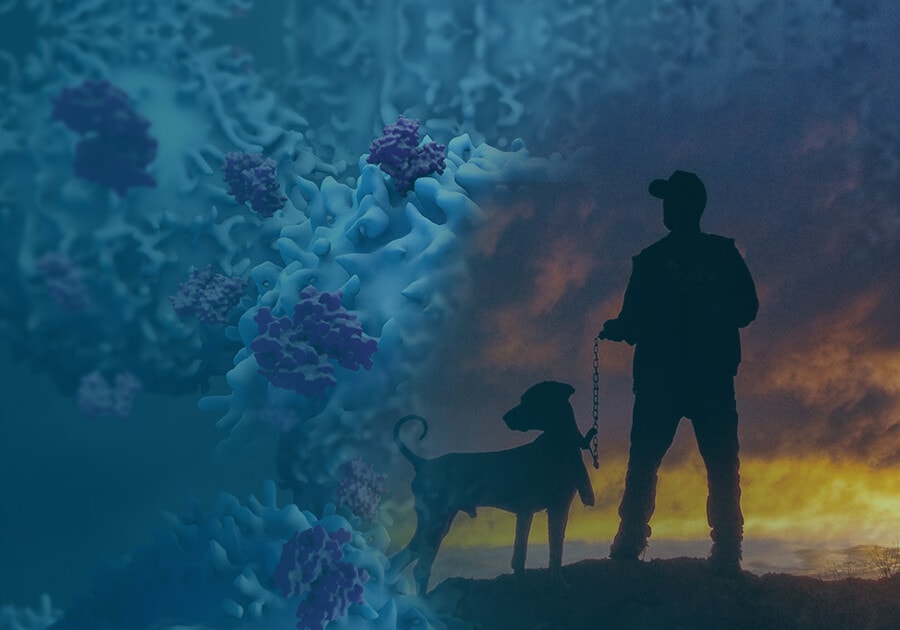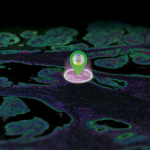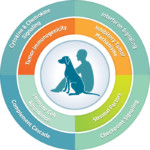
GeoMx® Canine Cancer Atlas
Helping Your Research
Use the GeoMx Canine Cancer Atlas to study the canine immune response to cancer as well as to immuno-oncology treatments. Profile 1,962 RNA targets with spatial resolution and spike in up to 400 custom RNA targets to add in probes for non-coding RNA, synthetic DNA, or exogenous genes.
Built with input from experts in canine comparative oncology, the Canine Cancer Atlas contains overlapping content with the nCounter® Canine IO Panel, allowing you to seamlessly transition your comparative oncology studies from bulk gene expression analysis to spatial transcriptomics.


Selected Panel References
Characterization and Potential Applications of Dog Natural Killer Cells in Cancer Immunotherapy
Natural killer (NK) cells of the innate immune system are a key focus of research within the field of immuno-oncology based on their ability to recognize and eliminate malignant cells without prior sensitization or priming. However, barriers have arisen in the effective translation of NK cells to the clinic, in part because of critical species differences between mice and humans.
Top 10 Challenges in Cancer Immunotherapy
Cancer immunotherapy is a validated and critically important approach for treating patients with cancer. Given the vast research and clinical investigation efforts dedicated to advancing both endogenous and synthetic immunotherapy approaches, there is a need to focus on crucial questions and define roadblocks to the basic understanding and clinical progress.
Whole genome sequencing of canids reveals genomic regions under selection and variants influencing morphology
Domestic dog breeds are characterized by an unrivaled diversity of morphologic traits and breed-associated behaviors resulting from human selective pressures. To identify the genetic underpinnings of such traits, we analyze 722 canine whole genome sequences (WGS), documenting over 91 million single nucleotide and small indels, creating a large catalog of genomic variation for a companion animal species.
Request a Quote
Contact our helpful experts and we’ll be in touch soon.





